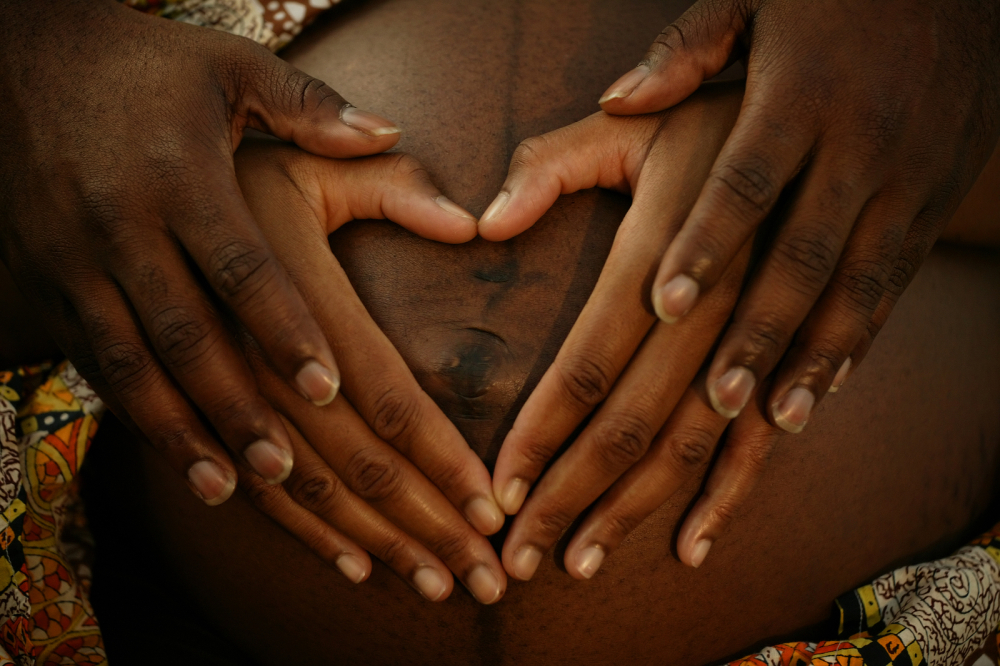Researchers say UK must tackle inequities in maternal health outcomes for Black women

Published on Wednesday, 17 September 2025 Post
Researchers at the National Perinatal Epidemiology Unit (NPEU) have called for action to address persistent racial inequalities in maternity outcomes and care.
The House of Commons Health and Social Care Committee Report on Black Maternal Health, published online today, draws attention to the stark inequity in maternity outcomes and care experienced by Black women in England.
Professor Marian Knight, Director of NPEU, said
The UK must tackle the unequal and unfair differences in maternal health outcomes and experiences of care for Black and minoritised women. We have known about these disparities for many years. The Black Maternal Health Report calls for the Government to act – now is the time for meaningful change.
Publication of the report follows an inquiry in June 2025 to examine the reasons for slow progress in improving outcomes for Black and Brown women giving birth, despite government policies and taskforces. The Committee heard from Black mothers who had experienced poor maternity care, including concerns being dismissed, delayed clinical responses, and patchy postnatal care.
Researchers at the National Perinatal Epidemiology Unit have had an integral part to play in championing this important issue. The evidence produced by the MBRRACE-UK team has provided a clear picture of ethnic inequities in maternal deaths, presenting results that have enabled professional bodies and advocacy organisations to call for change. In the recently published MBRRACE-UK report 'Saving Lives, Improving Mothers' Care', the team shows for the first time the ethnic differences in deaths by cause, demonstrating a clear need to focus on preventing blood clots and heart disease in Black women to reduce deaths.
Dr Claire Carson, Deputy Director of the NIHR Policy Research Unit in Maternal and Neonatal Health and Care (PRU-MNHC), based in NPEU, said
We are working hard to provide new evidence to support meaningful change, including working to identify effective and cost-effective interventions to improve outcomes and reduce inequalities. Our national maternity survey “You and Your Baby”, has shown Black and Asian women have poorer experiences of childbirth than white women, with Bangladeshi and Pakistani women reporting the lowest satisfaction with care.
For every woman who dies in pregnancy or postpartum, it is estimated that 100 will become severely ill or experience life threatening complications. Using routinely collected hospital data, NPEU researchers have used an updated English Maternal Morbidity Outcome Indicator to show ethnic and socioeconomic differences in maternal morbidity (severe illness and complications).
This approach is now being applied by PRU-MNHC to assess the impact of specialist services for women with more complex pregnancies; the findings will be presented this week at the ADR UK Conference 2025. However, this indicator is based on routinely available data which is inadequate to measure maternal morbidity, monitor and allow targeted intervention.
Better maternal morbidity data for England is desperately needed. A new NIHR programme grant, co-led by researchers at NPEU and King's College London, is designed to address this. The PRiSMM (PReventing Severe Maternal Morbidity and mortality through a national programme of interventions) programme of research will draw together patient-level data from across the NHS to evaluate interventions to improve maternal care and reduce inequalities, and will support new national reporting of maternal morbidity, called for in the Health and Social Care Committee report.





